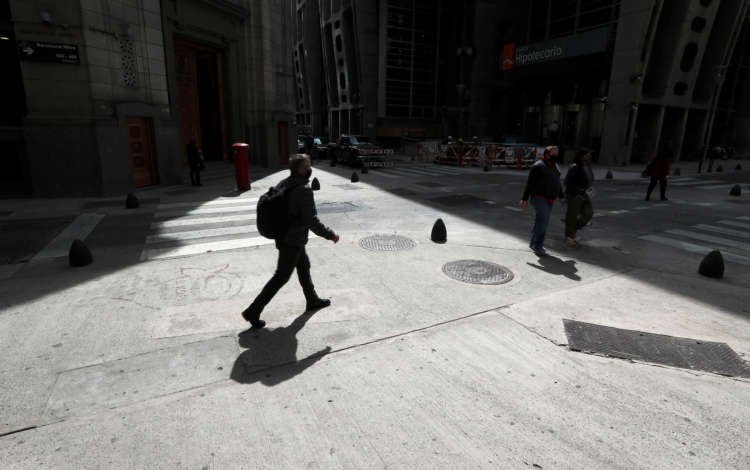Finance
Analysis: SDRs and debt holidays still just a band-aid for debt-hobbled countries
Published by linker 5
Posted on April 8, 2021
1 min readLast updated: January 21, 2026

Published by linker 5
Posted on April 8, 2021
1 min readLast updated: January 21, 2026

Explore more articles in the Finance category
